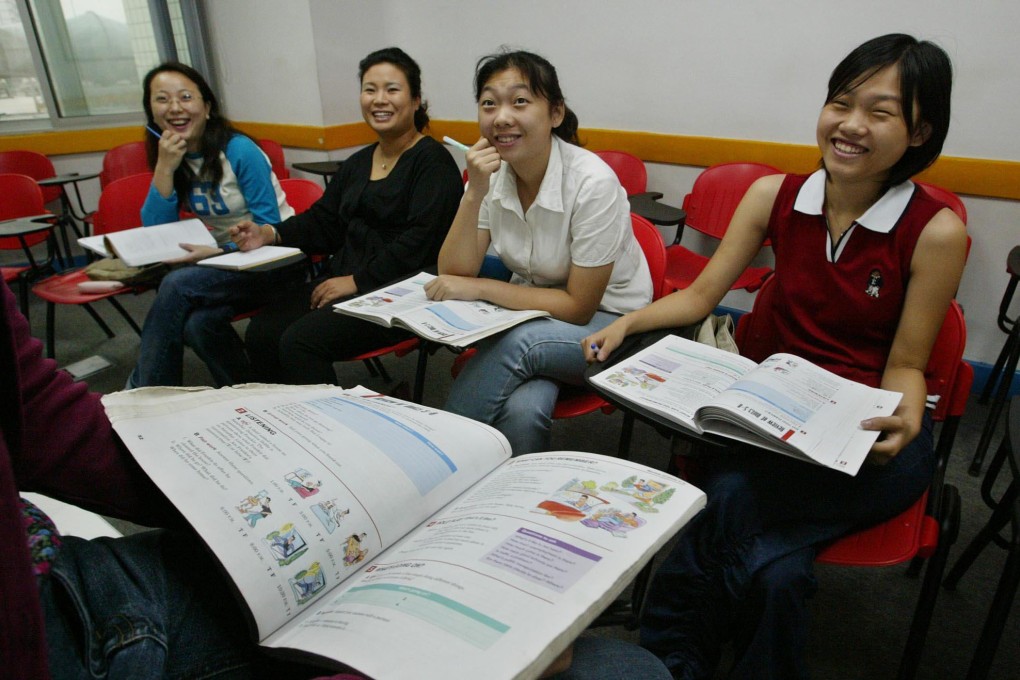Mainland China plummets in English skills rank, but foreign commerce unlikely to be tongue-tied
- Though it fell 20 places in an international ranking of English skills, mainland China still has enough fluent speakers to keep foreign trade active
- Education reforms, frostier relations with West, fewer academic exchanges pointed to as likely cause

Mainland China fell 20 places in an international ranking of English skills this year – losing ground to economic competitors and tracking a wider slump throughout Asia – but analysts said the language is still being spoken at a volume and level high enough to sustain foreign trade and investment.
The international language training firm EF Education First’s 2023 English Proficiency Index placed the mainland in the 82nd spot among 113 countries and regions – and 14th among 23 Asian economies – according to its Standard English Test results.
It ranked 62nd last year, 49th in 2021 and 38th in 2020.
The mainland’s plummet was in sharp contrast with Hong Kong, which moved up two notches this year to 29th and became the “top region” for English in China, according to the Swiss company’s report on Tuesday.
It’s symptomatic of a larger problem, which is less amiable relations with the West
The mainland’s slide may mean that fewer citizens in the world’s second-largest economy care about the language, said Peng Peng, executive chairman of the Guangdong Society of Reform.